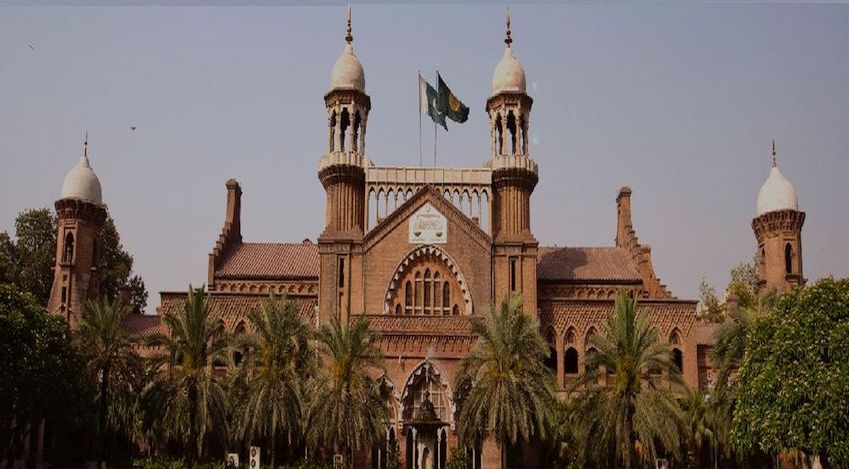Lahore High Court Acquits Accused in Liquor Distillation Case Due to Multiple Procedural Lapses
Islamabad 18-03-2025: The Lahore High Court’s Multan Bench set aside the conviction of accused, who was earlier sentenced under the Prohibition (Enforcement of Hudood) Order, 1979 (PEHO) for alleged alcohol distillation. The Court ruled that the prosecution’s failure to follow procedural requirements resulted in a miscarriage of justice, rendering the evidence inadmissible.
The accused was convicted under FIR No. 263 of 2014 for allegedly operating an illicit distillery at Chak No. 231/TDA, Fatehpur. The Trial Court convicted him under Article 4 of PEHO, sentencing him to one-day detention till the rising of the Court and a fine of PKR 2,000, with an additional five-day imprisonment in case of non-payment. This conviction was upheld by the Additional Sessions Judge, Karor Lal-Eason.
Challenging the verdict, the Petitioner filed a [Criminal Revision Petition No. 400 of 2018] before the Lahore High Court, arguing that the trial was marred by serious procedural violations.
The Court found that the prosecution did not formally exhibit the recovered articles and forensic reports as per Lahore High Court Rules, making them inadmissible as evidence. The Court relied on:
- Aziz Khan Vs. The State (2023 PCr.LJ 1806 Lahore)
- Ahmed Ali Vs. The State (2023 SCMR 781)
The Court ruled that the police failed to prove the safe transmission of evidence to the forensic laboratory, as the official who transported the samples was not produced as a witness. Referencing:
- Muhammad Adnan Vs. The State (2021 SCMR 16)
- Ikramullah Vs. The State (2015 SCMR 1002)
The Court noted that the Trial Court failed to put key incriminating evidence to the accused under Section 342 of the Code of Criminal Procedure, 1898, making it unlawful to use such evidence for conviction. Supporting precedents:
- Din Muhammad Vs. The Crown (1969 SCMR 777)
- Abdul Hayee Vs. The State (2025 SCMR 281)
Since the prosecution witnesses did not previously know the accused, an identification parade was mandatory under Article 22 of the Qanun-e-Shahadat Order, 1984. The failure to conduct one cast serious doubt on the prosecution’s case.
The Court asserted its suo motu revisional powers under Sections 435 and 439 Cr.P.C, rejecting the State’s objection that acquittal could not be granted in absentia. Reliance was placed on:
- Rizwan Ahmad Vs. The State (2021 YLR 2060 Lahore)
The Court reiterated that even a single reasonable doubt in a prosecution case warrants acquittal. The ruling was based on:
- Muhammad Akram Vs. The State (2009 SCMR 230)
- Barkhudar Vs. The State (2023 SCMR 1791)
The Lahore High Court allowed the Revision Petition, set aside the conviction, and acquitted the petitioner due to insufficient and improperly handled evidence.
This ruling underscores the importance of strict adherence to procedural rules in criminal trials. It reinforces that:
- Non-exhibited evidence cannot be used for conviction.
- Chain of custody must be intact for forensic reports to be valid.
- Failure to put incriminating evidence to the accused under Section 342 Cr.P.C is fatal to prosecution.
Revisional jurisdiction can be exercised suo motu to prevent miscarriage of justice.
Powered by Froala Editor








